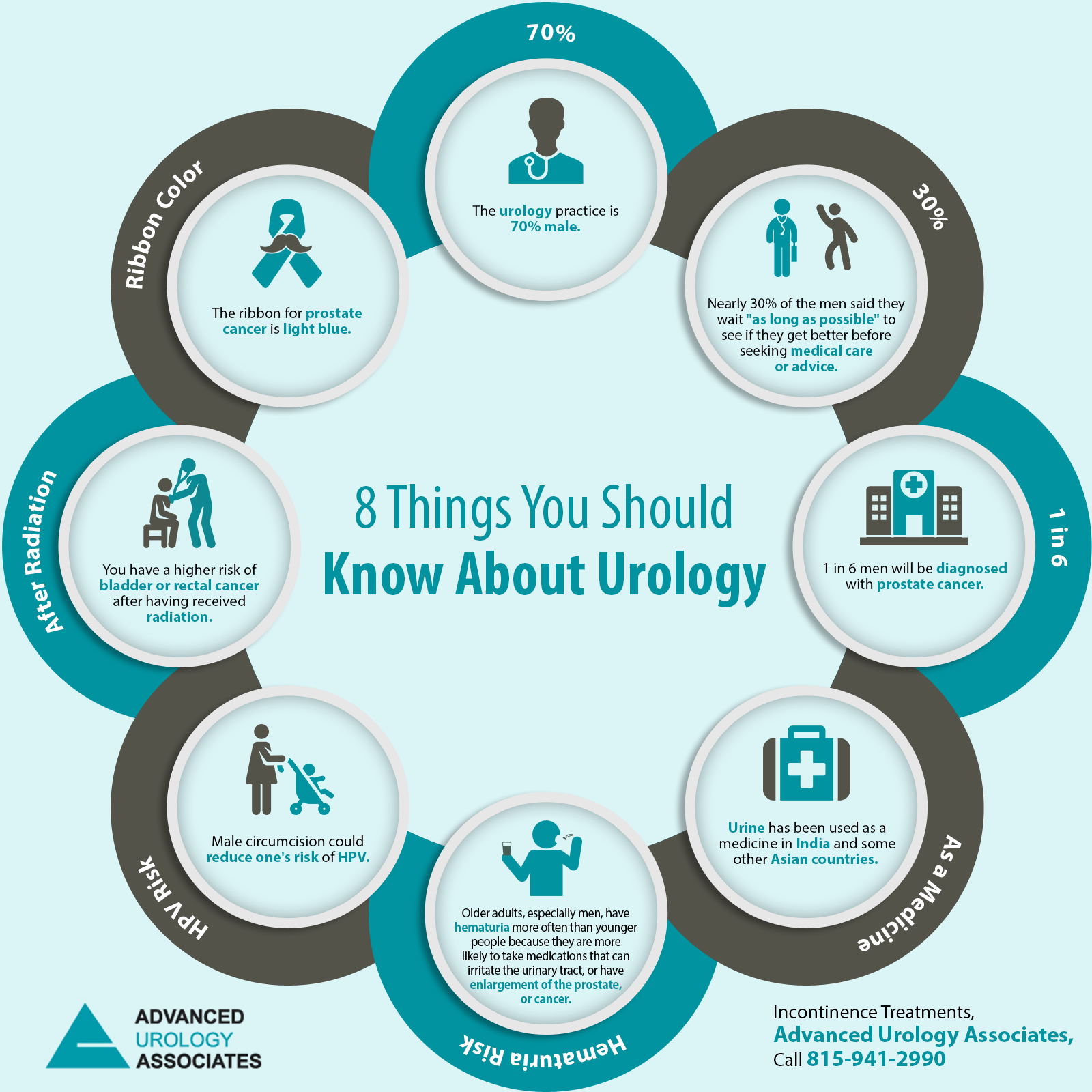
Stress And Anxiety Urinary Incontinence: Causes, Symptoms And Treatment


Listing Of Reduced Estrogen Bladder Signs
As a direct result of this enhanced passion, the general public is becoming more aware of the issue and much more active and informed concerning urinary incontinence. Patient campaigning for groups give individuals accessibility to info, urinary incontinence items, and physicians who have passion or special know-how in these disorders. In the last years, funding opportunities for incontinence study have actually boosted significantly. Subspecialty expert companies and journals are currently energetic. Physicians don't regularly suggest that you take HRT if you have a hormone reliant cancer, such as breast cancer.How Is Urinary Incontinence Treated?
Urethral incompetence usually results in intermittent urinary system incontinence, generally at remainder. Hormonal agent therapy (estrogen) in postmenopausal ladies alleviates urinary system regularity which leads to raise in the toughness of muscles around the bladder. Althoughbasic science in this area is restricted, a recent placebo-controlled, randomizedclinical trial of estrogen alone sheds light on this problem. Urethral closureis based on the integrated action of the suburethral genital wall surface, thepubourethral tendons, the pubococcygeus muscle mass, and the paraurethral connectivetissues. As you age, the muscles that sustain your pelvic body organs can compromise. This means that your bladder and urethra have much less assistance-- typically resulting in pee leakage.What Are My Hormone Treatment Alternatives?
Major side effects from imipramine are rare however can include heart and capillary issues. They may consist of an irregular heart beat and lightheadedness or fainting from reduced blood pressure when you stand up quickly. Children and older adults might be specifically in jeopardy of these adverse effects. Provide your health care supplier a full checklist of your medicines prior to you begin taking this drug.- Double-contrast cystography may be suggested for full visualization of the urinary system bladder and identification of urinary bladder lesions.
- Endocervix glandular tissue task during menopause and consequently the quantity of mucin decreases that this triggers to genital dry skin that develops as a major issue in postmenopausal ladies.
- In biofeedback, a cord is connected to an electrical spot over your bladder and urethral muscles.
- Prompt urinary incontinence is extra widespread after the menopause, and the height frequency of stress urinary incontinence occurs around the time of the menopause.
- These hormone shifts can influence bladder feature and urinary habits, materializing as urinary symptoms such as enhanced regularity, urgency, or leak.
- Anxiety urinary incontinence establishes when activity places boosted pressure on your bladder.
How to treat hormonal agent imbalances?
hormone (PTH) and calcitonin. Quit smoking. If you smoke, you put yourself in jeopardy of incontinence, due to the fact that coughing puts strain on your pelvic flooring muscles.Do the best exercises.Avoid lifting.Lose excess weight.Treat irregularity promptly.Cut down on caffeine.Cut down on alcohol.Drink plenty of water. Finest fruits: apples, bananas, blackberries, coconut, grapes, strawberries and watermelon.Best veggies: asparagus, broccoli, carrots, celery, cucumbers, kale, lettuce and peppers.Best fibre-rich foods: almonds, artichoke, barley, beans, bran, lentils, oats and raspberries. One aspect that has acquired significant focus as a source of urinary system incontinence is reduced estrogen. Estrogen, a hormone largely related to reproductive health and wellness, plays